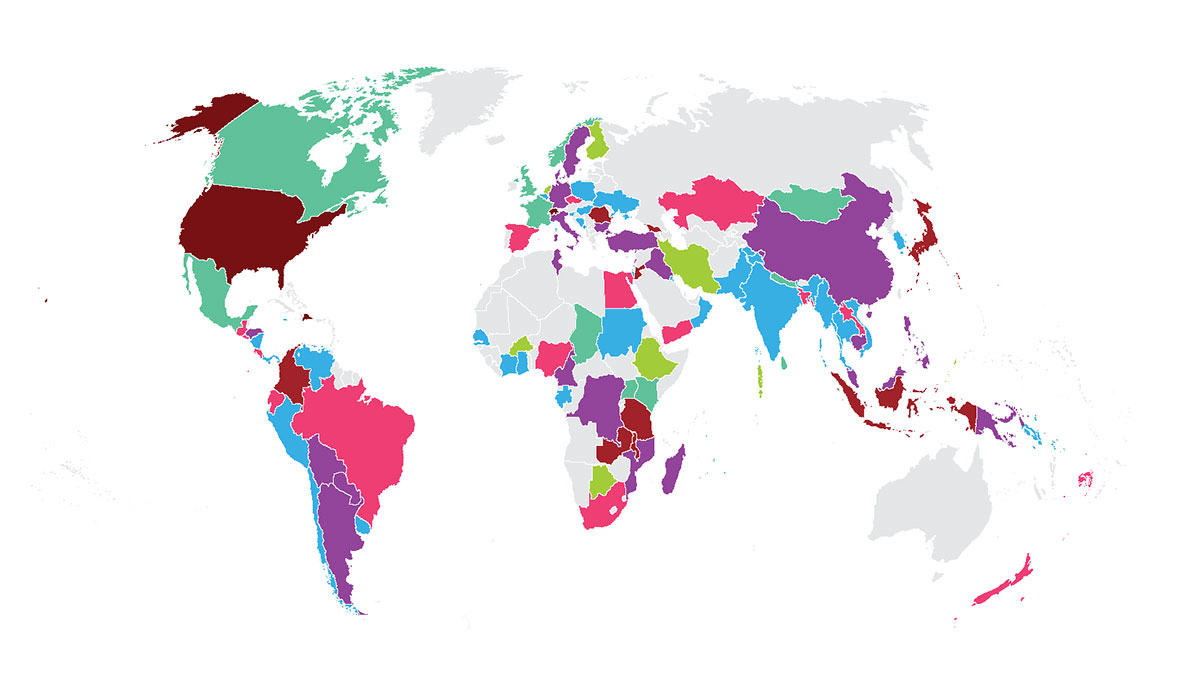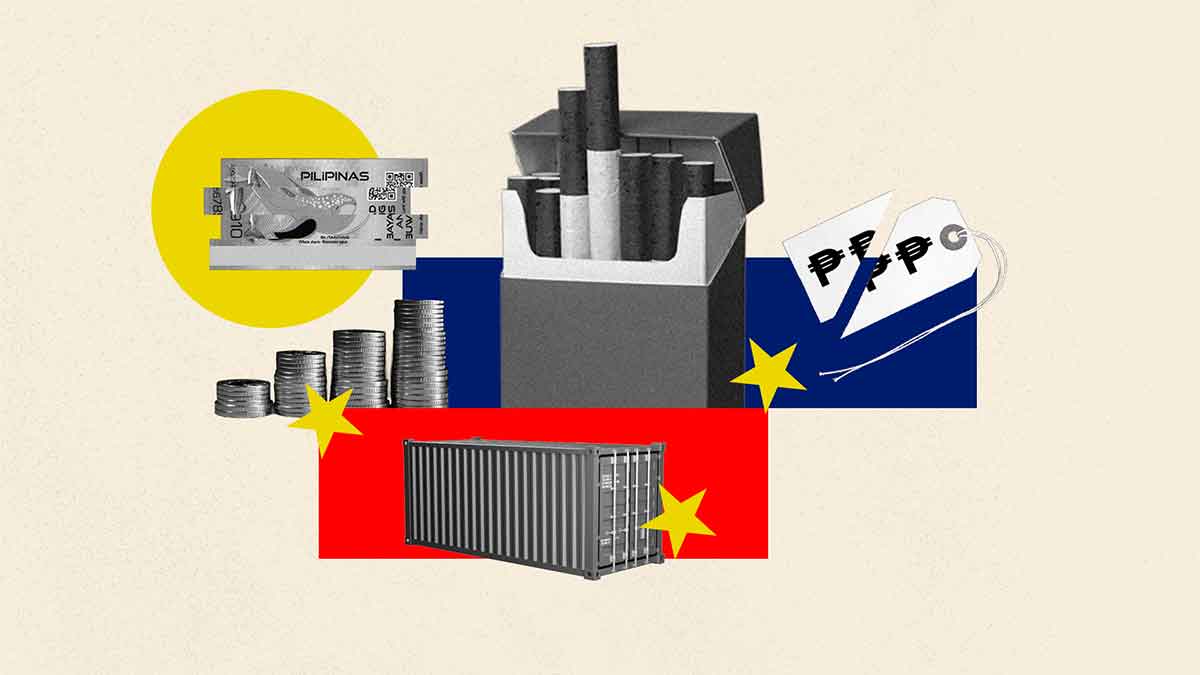- Resources
- News
-
-
Now Accepting Grant Funding Applications
Ready to tackle industry interference? Apply by February 25.
-
Get Email Updates
Sign up for STOP's emails and never miss an update on our latest work and the tobacco industry's activity.
-
Share a Tip
Do you have information on tobacco industry misconduct in your country? Let us know.
-
Now Accepting Grant Funding Applications
Sabotaging Policy
October 13, 2021

We are all used to the blatant attempts to influence people to buy Big Tobacco’s products—the efforts we can all see: the ads, the billboards, the social media campaigns, the branded kiosks at music festivals and more.
Then there are the more covert attempts to potentially exert influence—the ones we can’t easily see. One example is what is known as the revolving door, where tobacco industry and government employees shuffle interchangeably out of one sector and into the other.
Tobacco companies’ overt attempts to promote their products may be easier to spot, but the covert tactics may be just as harmful, if not more.
Revolving doors: perpetuating harm
Tobacco control policies save lives. Many policies, such as tax regulations, plain packaging requirements or smoke-free laws, decrease tobacco use, thus reducing sickness and suffering and the related economic burdens. But a reduction in tobacco use also stands to threaten Big Tobacco’s profits.
That’s likely why, to protect their profits from such policies, they try to influence the source of these regulations: the policymakers.
Here’s how it often works. When policymakers, regulators or other government officials become lobbyists for the tobacco industry, they may take advantage of existing connections to either delay or scrap tobacco control measures for their new clients. And when tobacco industry staff move into the government or regulatory sectors, they might bring their interests with them.
The result? More avenues from which to influence and interfere in tobacco control policies.
The closed loop of influence
The revolving door phenomenon is found across several industries, and is one of many documented tactics used by the tobacco industry. In some cases, the course is corrected. There’s the case of Michel Petite, a former Director-General of Legal Service of the European Commission (EC) who eventually moved into a role at a law firm that represented corporate clients, including tobacco companies like Philip Morris International, in front of the EC. During this time, he was also appointed president of the EC’s ad-hoc Ethics Committee, tasked with assessing revolving door cases of other commissioners. Despite several concerns, including Petite presenting views on tobacco control legislation in meetings with former colleagues in the Commission’s Legal Service, he was re-appointed to his position on the Ethics Committee. NGOs complained and the European Ombudsman launched an investigation into him. Before the investigation was resolved, however, the EC replaced Petite, who had resigned from his post.
Other cases are under inquiry. In 2021, the European Ombudsman launched an inquiry into revolving door instances in EU institutions following her inquiry of a former German EC member, Guenther Oettinger, who moved from his role at the EC into one at a communication consultancy that represented Philip Morris and PMI.
There are other documented cases, which, while they may be legal, remain unchallenged. A few notable examples, of many, include:
- In Bangladesh, a former Senior Secretary of the Ministry of Agriculture and a former Secretary of the Ministry of Industries went on to become Independent Directors at British American Tobacco Bangladesh.
- In Japan, the Chairman of the Board of Japan Tobacco International brought with him years of government experience as the former Director General of Financial Bureau, Ministry of Finance, Deputy Vice Minister and Special Advisor to the Cabinet.
- In Russia, the director of the Council for the Development of the Tobacco Industry, which represented the interests of Philip Morris, Japan Tobacco International Yelets (owned by Japan Tobacco International) and the Baltic Tobacco Factory, simultaneously served as leader of the Agriculture Ministry’s Public Council, which oversaw the tobacco industry on behalf of the Russian government.
- In the U.S., a former staffer at the Department of Treasury who also served as Assistant U.S. Trade Representative with the Executive Office of the President went on to become VP, U.S. and International Corporate Affairs for PMI.
Governments can prevent this influence and protect their policies
Tobacco industry interference in policy happens all over the world. And, as shown in the examples above, it’s not just health departments that are targeted; the industry often tries to appear as if its interests are aligned with those of departments of economic development, trade and so on.
But governments can fight back. As suggested by Transparency International, governments can mandate a “cooling off” period, or a designated amount of time that must pass before a government official takes up a job in the private sector, thus diminishing the likelihood of undue influence. Governments should also implement the World Health Organization (WHO) Framework Convention on Tobacco Control (FCTC). Article 5.3, specifically, outlines measures governments can take to limit industry-government interaction in all of their departments and, most importantly, protect their policies from industry interference.


